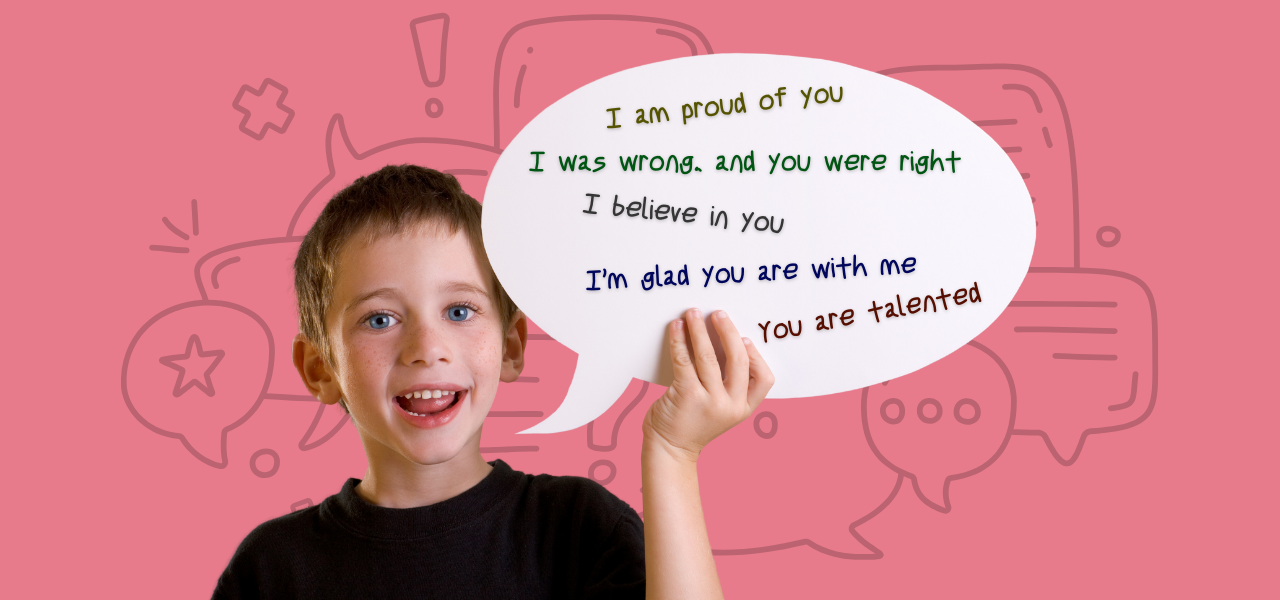Golden Words in Communication with Children
This material is suitable for both children and adults. Every person needs to feel understood and heard, especially a child. Children, regardless of their age, need adult support; words of encouragement and love are crucial. Adults should remember that words can either hurt or uplift a child. Heart-to-heart conversations with a child often lead to solutions and help shape their character. An adult is a source of support and strength for children.
To raise an emotionally healthy and optimistic child, parents must strive to rephrase their negative expressions into positive ones. For instance, instead of frequently saying, “Stop bothering me!” you can say, “Play on your own for a while, and later we’ll do something fun.” When raising a child, it’s essential to ensure both the adult and the child feel comfortable and free in their communication.
We help children believe in life, in the world around them, and grow into successful individuals. The words “I love you” have a remarkable power—they calm the child, give them confidence, and strength. We believe in our child, celebrate their successes, and give them the chance to feel strong, agile, and smart.
There is no such thing as too much love; children need to feel loved and know that mom and dad are always there, acting as their biggest fans. Hugs and love should accompany children for a long time. The phrase “I am proud of you” is necessary for developing a healthy self-esteem in a child. Almost everything children do, they do to gain love and acceptance from adults.

Being ready to praise is an important quality in a parent. However, praise should not be overused, so that the value of kind and encouraging words remains. You can praise a child when they have completed a task assigned to them.
The phrase “I trust you” is vital. Trust is not a superficial or thoughtless feeling. For a child, this phrase stimulates responsibility for the task at hand. Adults learn to trust the child, and the child learns to trust the adult.
The phrase “I believe in you” is crucial for children. They need to know that someone believes in them. When a child feels this belief, they are more motivated to accomplish things.
The phrase “You are talented” is another important one. We always try to praise the child, notice their strengths, and admire the qualities we appreciate. A child should know their strengths and abilities.
The phrase “I’m glad you are with me” is essential. Children are observant; they feel responsible for the harmony in the family and worry about the moods of their loved ones. A child needs the assurance that the adult is happy they are there. Under no circumstances should you say things like, “I have to give up everything because of you” or “If it weren’t for you, I could have…”
The phrase “You will succeed” is a crucial encouragement. In the rush of daily life, we may not always find time to talk to our child, but they need encouragement and approval.
The phrase “I was wrong, and you were right” shows that adults should be open and confident enough to admit their mistakes to children. This teaches them that we are also human and imperfect, and we can make mistakes. By accepting responsibility for our mistakes, we help children develop the courage to recognize and accept their own. Acknowledging responsibility for our errors creates an atmosphere of tolerance and openness.
Always remember that children closely observe adults. We are their role models. The phrase “This is your responsibility” is another important one. Personal responsibility is a significant part of growing up. When children make decisions—whether wise or not—the consequences become their lesson. If parents nurture responsibility in a child, they will learn this lesson well. Adults need to remind children that many actions require responsibility. Parents are there to teach, step in when necessary, and help guide their children toward the future.
